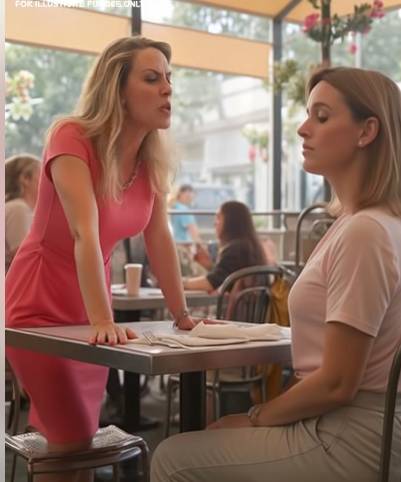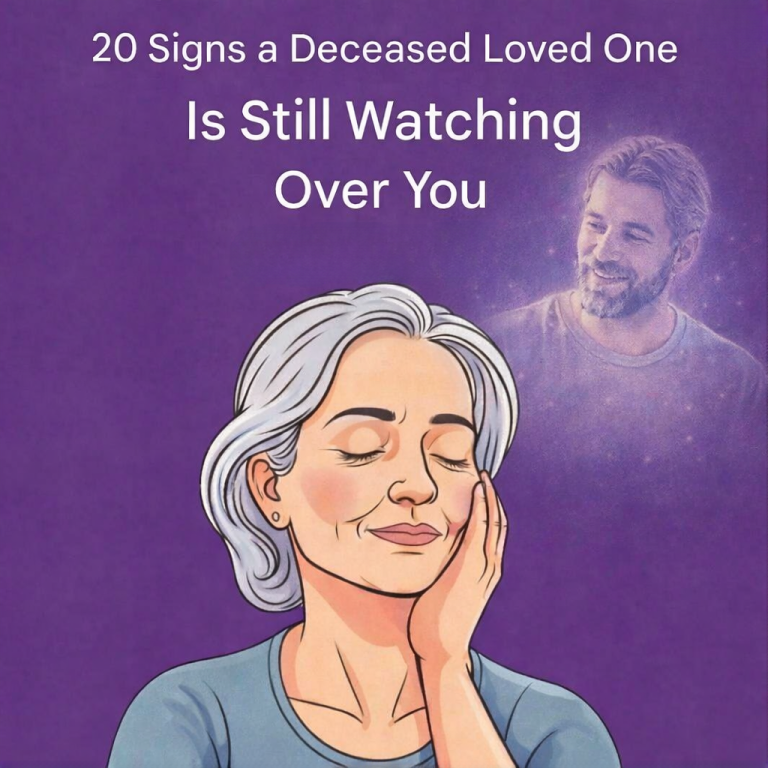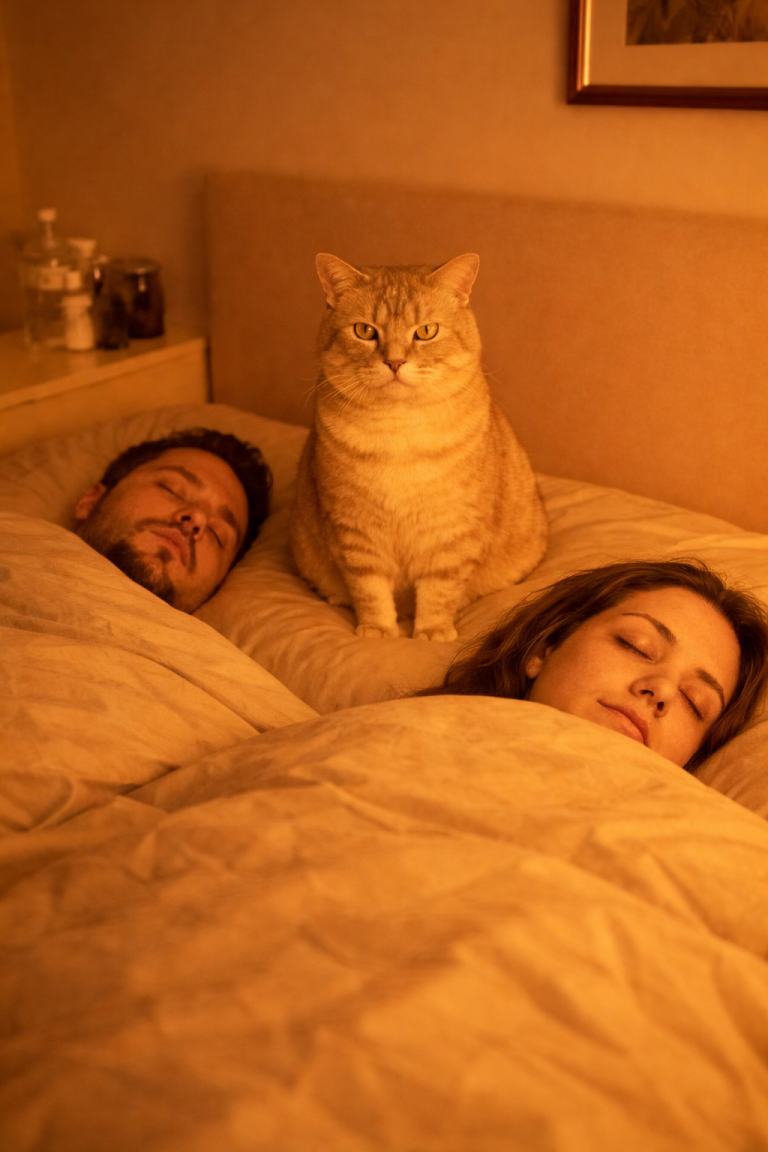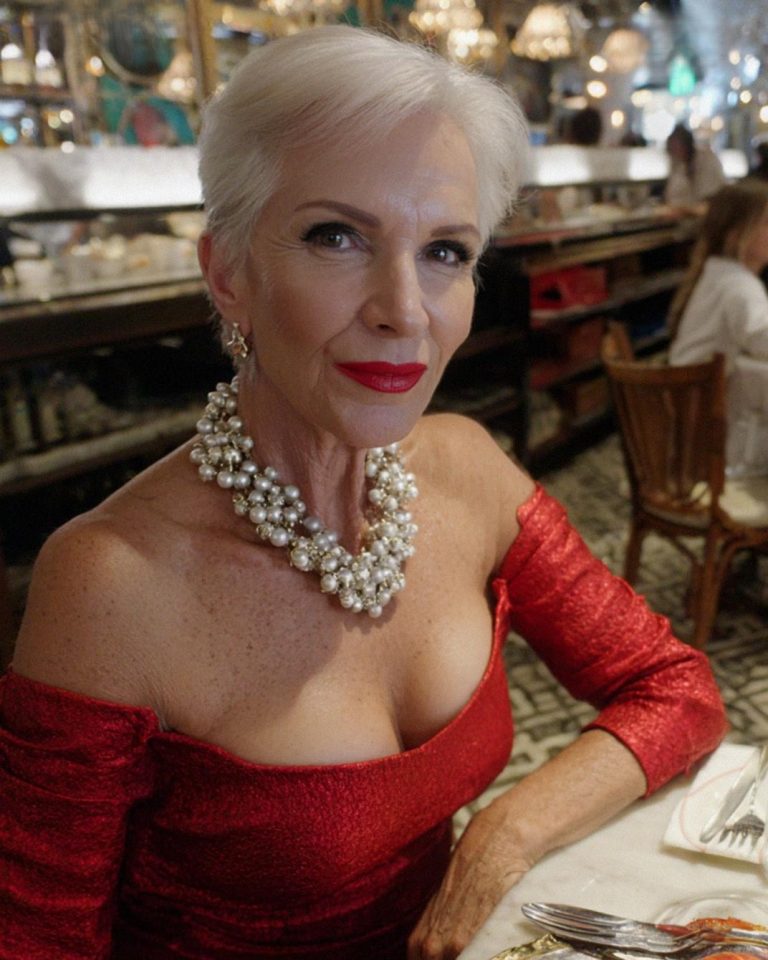
I’m hard of hearing, and my best friend is completely deaf. While we were chatting in sign language at a café, an entitled mother stormed over and told us to stop—claiming it was “disruptive” and “inappropriate.” The room went silent… until a waiter stepped in and delivered a powerful reminder about respect, dignity, and what true inclusion looks like.
My name is Lila. I’m 22, and I’ve been hard of hearing since birth. Life for me has always meant navigating two languages—one with my voice, the other with my hands.
I don’t remember a time when sign language wasn’t part of my identity. It’s how I express myself fully. And with my best friend Riley, who is completely deaf, it’s how we speak freely, openly, and joyfully.
That Tuesday afternoon, I walked into Hazelwood Café, our regular spot. The warm scent of espresso and cinnamon buns wrapped around me like a favorite blanket. I spotted Riley right away—her curly hair bouncing as she smiled at something on her phone.
We’ve been best friends since high school. Where some friendships fade with time, ours only grew stronger. We’ve had silent conversations in crowded auditoriums and cracked up laughing over jokes no one else could hear. Our bond doesn’t rely on sound—it’s rooted in understanding.
I signed, “Sorry I’m late. Traffic was a disaster.”
She rolled her eyes dramatically. “I thought you’d bailed on me to avoid hearing about my sourdough fail.”
I laughed, fingers flying. “You tried again?”
“Don’t judge me,” she signed with mock offense. “It looked so easy on TikTok.”
Just as I was about to tease her more, I noticed a little boy at a nearby table watching us intently. He looked about seven, full of curiosity. He smiled when I waved and gave a little wiggle of his fingers in return.
Riley glanced over. “He’s adorable. Look at him trying to copy our signs.”
I nodded, smiling. Moments like this filled my heart—quiet connections with strangers, the possibility of someone learning something new.
But his mother… she was less than thrilled.
At first, she seemed too engrossed in her phone to notice him watching us. But the second he tried signing back, she snapped.
“Stop that!” she hissed, yanking his hands down. “We don’t do that. That’s rude.”
Riley’s hands stilled. I felt my throat tighten.
We’ve encountered uncomfortable stares, awkward questions, even people treating sign language like an oddity. But outright hostility? That still stung.
The mother kept glancing our way, glaring like we were speaking in tongues just to provoke her.
“Wanna leave?” Riley signed, smaller than usual.
I shook my head. “No way. We belong here as much as anyone else.”
But the tension in the air tightened around us. The mother stood abruptly, dragging her son by the wrist. Her heels clacked as she marched to our table.
“Excuse me,” she said through gritted teeth. “Could you please stop all that gesturing?”
I blinked. “You mean… sign language?”
She waved her hand dismissively. “Whatever you call it. It’s distracting. My son’s trying to eat lunch, and you’re waving your hands like windmills.”
I felt the familiar heat rise in my face. Riley looked down, her shoulders rigid.
“I’m sorry, but this is how we communicate,” I said firmly. “There’s nothing disruptive about that.”
“Oh, please,” she snapped. “It’s theatrical. My son doesn’t need to see grown women flailing their arms and making a scene. Can’t you do that somewhere more… private?”
I was stunned. Her son—the same curious boy who had smiled at us minutes earlier—looked mortified. He tugged her sleeve gently.
“Mom, stop. They weren’t doing anything wrong.”
But she ignored him.
“What kind of example are you setting?” she continued. “You’re encouraging him to think that’s normal!”
I took a breath, steadying myself. “It is normal. Sign language is a recognized language used by millions around the world.”
She scoffed. “Spare me. This is exactly why society is falling apart. Everyone wants to be special. Well, guess what? The rest of us are just trying to live our lives without being forced to accommodate your… drama.”
I couldn’t believe what I was hearing.
“You don’t have to accommodate anything,” I said, my voice shaking but clear. “All you had to do was mind your own business.”
The café had gone quiet. Every table around us was still, listening. Riley stared straight ahead, stone-faced. Even though she couldn’t hear the words, she felt the hostility in the air.
That’s when James, one of the café’s regular servers, appeared at our table. He had a towel draped over one arm and an expression that was calm but firm.
“Is there a problem here?” he asked.
“Is there a problem here?” James asked, standing tall beside our table.
The woman turned to him, her arms crossed. “Yes. These girls are causing a disruption. They’re… flailing their arms around and confusing my son.”
James blinked once, slowly. Then his expression shifted—cool, calm, but unyielding.
“With respect, ma’am,” he said, “they’re using sign language. And they’re regulars here, same as you. If anyone is causing a disruption, it’s not them.”
The woman’s eyes widened. “Excuse me? I’m just trying to enjoy my lunch—”
“And so are they,” James cut in, his voice steady. “And unless they’ve broken a rule—which they haven’t—there’s no reason for this confrontation.”
Her jaw clenched. “This is ridiculous. You’re seriously defending this nonsense?”
James tilted his head. “I’m defending people who’ve done nothing wrong. Hazelwood Café is an inclusive space. We don’t tolerate discrimination here. If that’s a problem for you, I’ll be happy to get your meal to-go.”
The woman looked around, suddenly realizing how quiet the room had become. Eyes were on her. The older couple by the window. The barista behind the counter. Even her own son, who now stared up at her with disappointment written all over his face.
“I—Forget it,” she snapped, grabbing her purse. “We’re leaving.”
Her son lingered a moment longer, then turned to us.
“I want to learn how to talk like that,” he whispered, almost too softly to hear. “It looked beautiful.”
My throat tightened. I smiled at him and signed slowly, “Thank you.” He tried copying the gesture, his small fingers unsure but eager.
Then he turned and followed his mother out the door.
Silence hung for a beat. Then James spoke again, this time more gently.
“You two okay?”
I nodded, my hands still shaking slightly. Riley looked up and signed, “Thank you.”
James gave a small smile and nodded back. “Anytime.”
He walked away, but something had shifted in the room. The energy changed. A woman at the corner table offered a warm smile. The barista behind the counter gave us a thumbs-up.
Riley signed, “Do you think he meant it? About this being an inclusive space?”
I nodded. “Yeah. He meant it.”
For the rest of the afternoon, we stayed, sipping our drinks and chatting like we always did. Our hands moved freely, openly. We laughed, told stories, and shared silent joy.
That entitled mother? She might have walked out.
But the moment that stayed was her son’s eyes—full of curiosity and admiration.
And James? He didn’t just serve coffee that day. He served a reminder:
Inclusion isn’t optional. Respect isn’t negotiable. And kindness? It always speaks volumes—even in silence.




1 thought on “Entitled Woman Demanded We Stop Using Sign Language Because It ‘Made Her Uncomfortable’— But What the Waiter Did Next Was Instant Karma – Wake Up Your Mind”